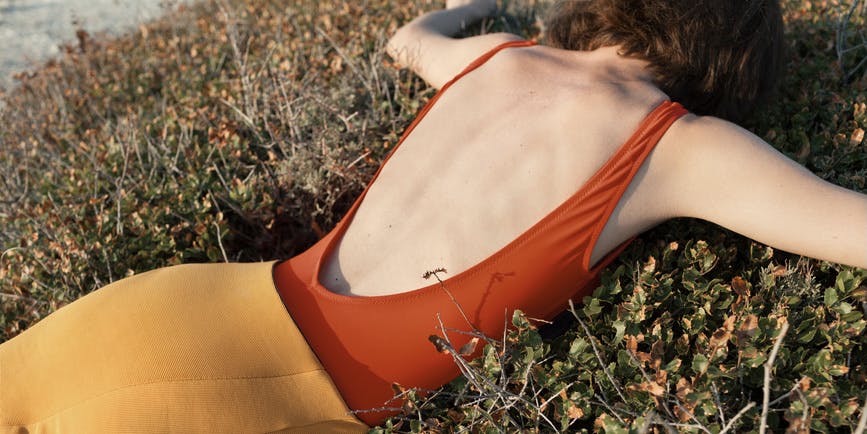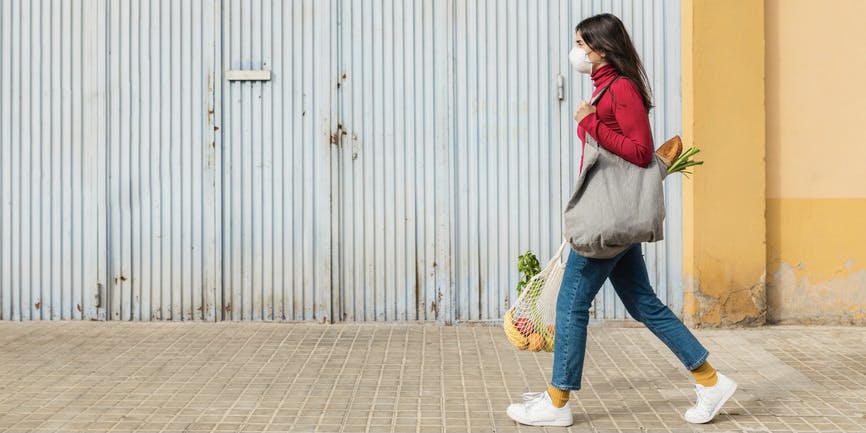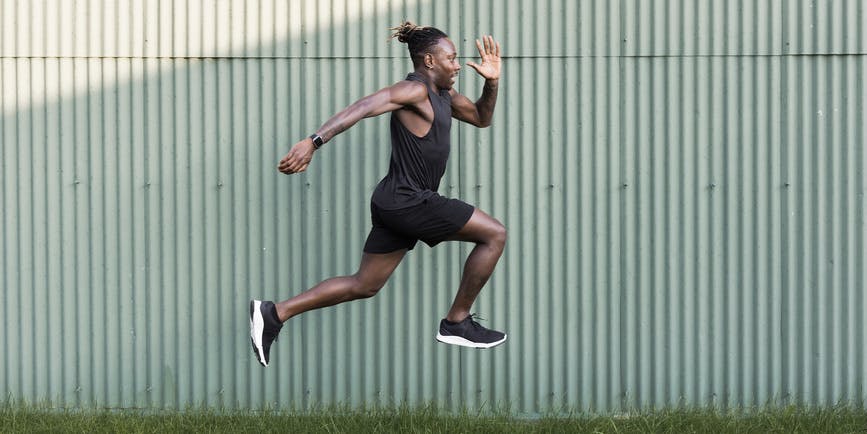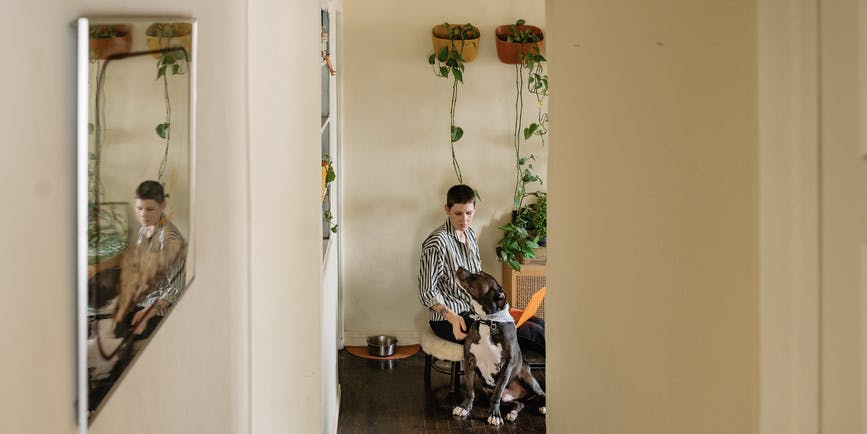
What to know about seasonal allergies this spring

Here are a few fun facts about sneezes:
The air in a sneeze can travel 100 mph. We don’t sneeze in our sleep. (The required muscles are resting, too.) And many cultures say some iteration of “god bless you” after a sneeze because of superstitions that souls live in the head + escape via sneezes. Or because sneezes precede death + so require blessings.
This week, we bless your inbox with the latest vetted medical advice around seasonal sneeze triggers + deliver a Checkup packed with delicious, uplifting links.
So grab a tissue + scroll your way down into…
- The Checkup: salad + soda + snacks!
- Spring Fling: adults + exercise + dogs
- Healthcare: study results you wanna know
The Checkup
- Yes, you can make the beloved 90’s green goddess dressing!
- This guide shares therapy options depending on your goals
- Here’s what health experts really think about diet soda
- Forget meal prep. Prep awesome snack packs instead
- Readers share 22 delights that make their lives happier
- What to know about human bird flu symptoms + treatment
- What’s protein-packed ultra-filtered milk
- should you buy it?
- Fitness folk are way into their VO2 max rn. Should you be?
- These gorgeous pasta recipes feature stunning spring produce
Allergies + exercise

So, here’s something your newsletter writer did not know: humans can be allergic to exercise!
As covered in PopSugar, exercise-induced anaphylaxis affects about .05% of the US population. For those with the condition, exercise releases tryptase + histamines (as happens with any allergic reaction) that can cause hives, wheezing, shortness of breath + more. For some, eating certain foods + exercising within a few hours triggers an attack.
For exercisers with seasonal allergies, the New York Times shares tips on reducing exposure symptoms: Take your allergy meds as scheduled + exercise during lower-pollen hours. (Early morning, early evening or right after rain.) For extra protection, take an oral histamine one hour before you start or an antihistamine nasal spray 20 minutes before.
And if exercise helps treat or prevent your allergies (or asthma), you may be able to use your HSA/FSA funds to save big on your exercise costs. Dr. B can help!
Learn more in this Dr. B article!
Um, do I have allergies now?

As reported in Self, around 30% of adults have some sort of allergy. And evidently another joy of adulthood is that we can a new one at any time! (Fun!)
Seasonal allergies are the most common new development. But if we get a new food allergy, chances are it’ll be to shellfish. (Peanuts + tree nuts are next.) Exercise-induced anaphylaxis can also start in adulthood.
Why does this happen?
Most of the time, we can blame genetics—if someone in our family has asthma, hay fever or eczema, we’re more likely to develop it. Moving somewhere with different flora may also reveal an allergy. And if our immune system weakens, it can start releasing histamines or tryptase. Read the article for management tips.
And if you want to get prescription treatment online? Dr. B's got your back!
Start a $15 allergy consultation.
Yep, your dog has them, too

Sad news for furry friends—environmental allergies in dogs have increased by 30% over the last decade!
Some vets are so overloaded treating them that they’re opening dedicated pet dermatology clinics. Certain breeds are more prone to allergies + symptoms can differ by breed. But in general, the increase is due to climate change + human devotion: Warmer temps mean longer pollen seasons. And we keep our dogs inside + cleaner than we did decades ago, so they’re exposed to fewer microorganisms when young.
Head to Time for more, including new treatments providing relief.
Healthcare 411
Pelvic exam guidelines have changed. Here’s what to expect. (Wash Post). New guidelines from the HSS require hospitals to receive written consent forms from patients before conducting exams in any sensitive area. Prior to the update, patients could give oral consent. But some could also be done to anesthetized patients by medical students without explicit consent. The students have primarily led the charge for increased patient protection.
City-country mortality gap widens amid persistent holes in rural health care access (CBS). In 1999, the natural-cause mortality rate was 6% higher for those in rural areas than city dwellers. In 2019, it was 43%. Young women, non-Hispanic American Indians + Alaskan Natives are most affected. A decline in care access, quality + affordability may all be at play. That’s why Dr. B is here to treat patients every day of the year—no matter your location or financial situation.
High blood sugar, blood fats linked to higher anxiety and depression risk (MNT). In a new study tracking over 200K participants for 20 years, researchers found that higher levels of triglycerides + blood sugar increased the risk of anxiety, depression + other stress-related disorders. Conversely, high HDL (or “good”) cholesterol levels lowered those risks. Read the article for study limitations + suggestions.
Study: Covid-19 vaccine not linked to sudden cardiac death among young people (US News). Another study looking at cardiac death in young people found no connection with Covid-19 vaccines. Myocarditis (heart muscle inflammation) and pericarditis (inflammation of the outside heart lining) after vaccination remain rare. While most common in young men after their second shot, most don't need treatment or recover well + fast.
Sign up for the free Dr. B newsletter for a weekly report on the latest in healthcare + research-based advice for staying healthy and mentally well.
